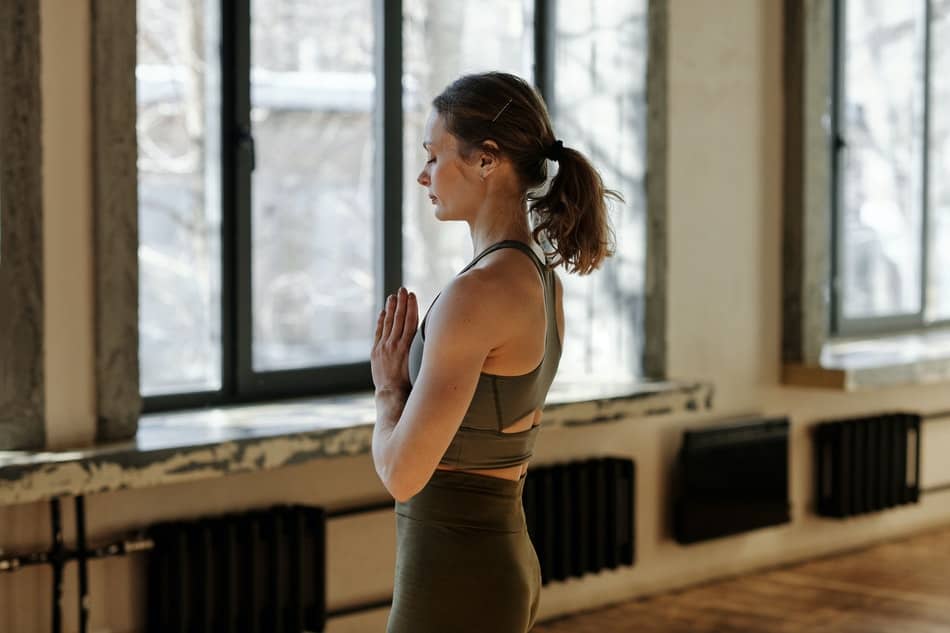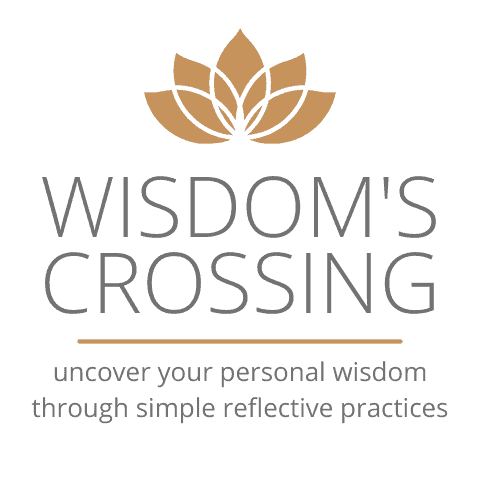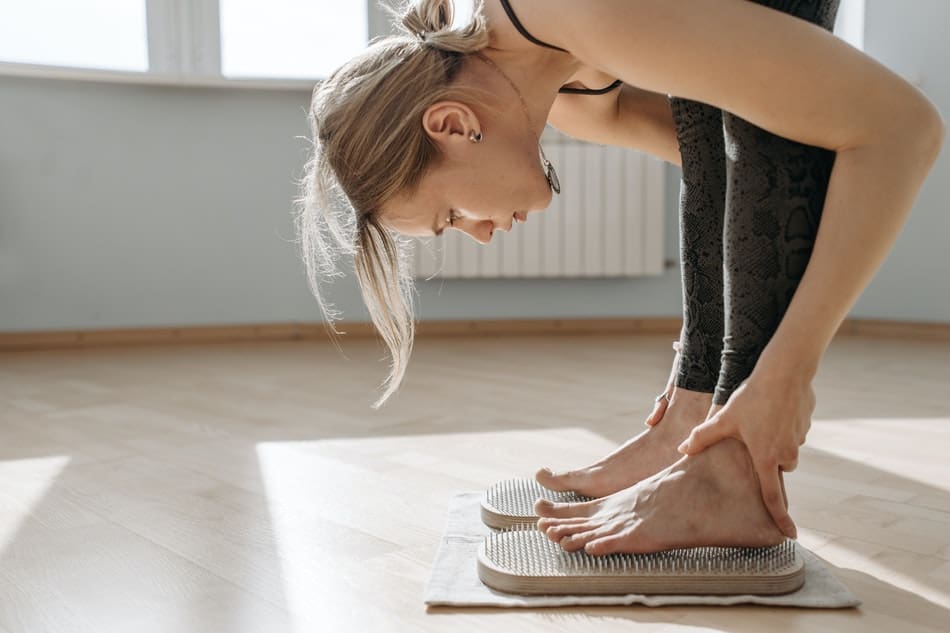Which yoga is best for meditation? If you’re looking to start meditating, you might be wondering which type of yoga is best for the job. There are many different types of yoga, and each one has its unique benefits. In this article, I will discuss the most popular types of yoga for meditation. Keep reading!
Not all yoga is equally effective for meditation. Some types of yoga are more physical and active, while others are more focused on breathing and relaxation. The best type of yoga for meditation is a slow, gentle form that emphasizes breath control and mindfulness.
Which Yoga Is Best For Meditation?
Yoga can be a great way to help you focus and connect with your inner thoughts during meditation, but there are so many different types of yoga out there. Which one is the best for meditation? Here are three of the most popular types of yoga and how they can help you during your next meditation session.
Hatha Yoga
Hatha yoga is all about aligning your mind, body, and breath. This type of yoga focuses on holding poses for long periods, which can help improve your focus and concentration. If you’re looking for a more challenging type of yoga that will help you get deeper into your meditation practice, Hatha yoga may be right for you.
Vinyasa Yoga
Vinyasa yoga is a bit more fast-paced than Hatha yoga. This type of yoga focuses on linking your breath with your movement, which can help to increase your energy and focus during meditation. If you’re looking for a yoga practice that will help you get out of your head and into your body, Vinyasa yoga may be right for you.

Yin Yoga
Yin yoga is a slower-paced type of yoga that focuses on lengthening the connective tissues in the body. This type of yoga can help to improve flexibility and joint mobility, which can be helpful if you’re looking to deepen your meditation practice. If you’re looking for a more passive type of yoga that will help you relax and release tension from the body, Yin yoga may be right for you.
No matter which type of yoga you choose, remember to focus on your breath and connect with your inner thoughts. Yoga can be a great way to help you focus and connect with your inner thoughts during meditation.
Which Yoga Is Best For The Brain?
Yoga can help to improve cognitive function and memory, as well as increase grey matter in the brain. However, not all types of yoga are equally beneficial for the brain. So, which yoga is best for the brain?
Hatha yoga is a good choice for those looking to improve their cognitive function and memory. This type of yoga focuses on physical postures and breathing exercises. A study published in the Journal of Alzheimer’s Disease found that eight weeks of Hatha yoga significantly improved participants’ memory and executive function (the ability to plan, organize, and complete tasks).
Do I Meditate Or Do Yoga First?
It’s a common question I get asked, and there is no easy answer. If you’re like me, you probably have a hard time sitting still and focusing on your breath for more than a few minutes. But if you can push through that feeling of restlessness, you’ll likely find that meditation provides many benefits.
Yoga, on the other hand, is a great way to get your body moving and increase flexibility. It’s also been shown to provide some mental health benefits, such as reducing stress and anxiety.
So which should you do first? If you’re short on time, doing yoga may be a better option since it combines both physical and mental benefits. However, if you have more time or are looking for a way to wind down before bed, meditation may be a better choice. Ultimately, it’s up to you and what you feel like you need at the moment. Experiment with both and see what works best for you.

If you’re new to meditation, there are a few things you can do to make it more enjoyable and effective.
- First, find a comfortable place to sit or lie down. You may want to invest in a meditation cushion or blanket to make yourself more comfortable.
- Second, set a timer for however long you want to meditate. This will help prevent you from checking the clock every few minutes and feeling anxious about the time passing by.
- Finally, focus on your breath and let go of any thoughts that come into your mind. Don’t worry if you can’t seem to stop thinking altogether – that’s normal! Just keep coming back to your breath and eventually, you’ll find that your mind has quieted down.
Can I Do Yoga And Meditation Every Day?
The answer to this question is both yes and no. It depends on what your goals are and how you feel after doing yoga or meditation. If you feel like you need a break, then take one! No rule says you have to do yoga or meditation every day. However, if your goal is to improve your practice, then doing it every day will help. Just be sure to listen to your body and do what feels right for you. Thanks for reading!
Doing yoga or meditation every day can help improve your practice, but it’s important to listen to your body too. If you’re feeling tired or need a break, don’t hesitate to take one! No rule says you have to do yoga or meditation every day, but if it’s something you’re striving to improve, then making it a daily habit will help.
Final Words
Yoga is a practice that can be beneficial for many different things, but if you’re looking to improve your meditation practice, some types of yoga may be better than others. If you’re just starting, Hatha yoga may be a good option. For something more challenging, try Kundalini yoga. Experiment with different styles and find the one that helps you quiet your mind and achieve inner peace. Namaste.
Related Articles

